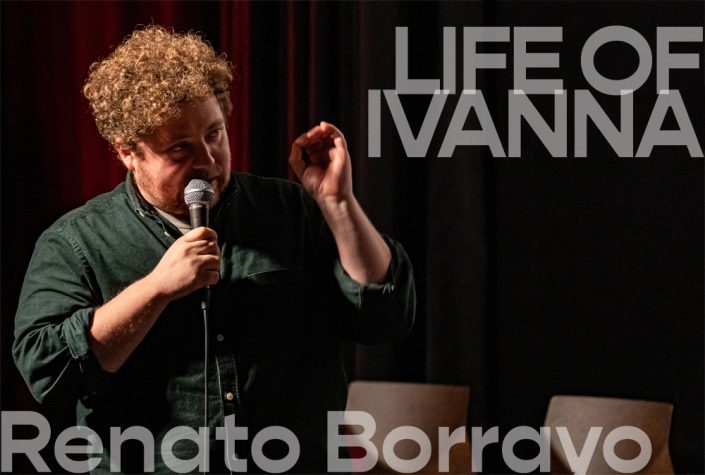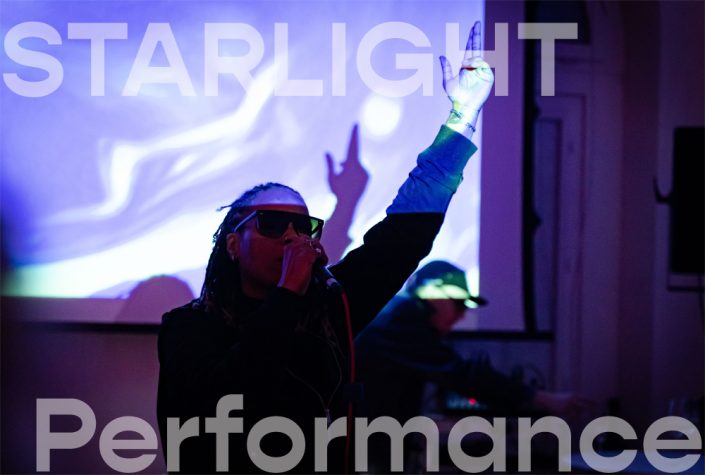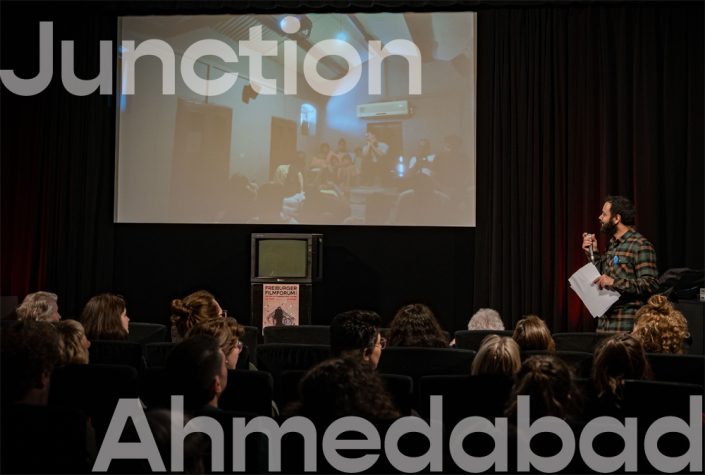
Shortly after the nuclear bombing of Hiroshima and Nagasaki, the American military wanted to find a ‚suitable’ site for further nuclear testing. They choose the Marshall Islands, a group of small atolls in the Pacific Ocean. The Americans had just captured these islands from the Japanese. The islanders themselves made up a relatively small and politically powerless group of melanesian aborigines. The United Nations Strategic Trust Agreement, signed in 1947, obliged the United States to recognize and respect the fundamental rights and freedom of the population. This did not keep the U.S. Atomic Energy Commission from setting off at least 66 atomic and hydrogen bombs on these islands between 1946 and 1958. ‚Bravo’ was the code-name for the first H-bomb test. Documents have revealed that the main goal of operation ‚Bravo’ was to demonstrate to the Soviet Union that the U.S. did in fact have such a bomb and to collect as much information as possible on the effects of the fallout resulting from the explosions. Also the ‚Bravo’-bomb was five hundred times the size of earlier testbombs, the inhabitants of the island of Rongelap were neither warned nor evacuated. The bomb was set off on a deserted island, but the winds blew the radioactive fallout towards Rongelap. The same night the entire population showed serious disease symptoms. The American ships in the waters around Rongelap could have saved the people but were ordered to leave the area instead. When these events were finally brought to public notice, the officials claimed that the winds had suddenly changed and that Rongelap was hit by the fallout by mistake. In HALF LIFE O’Rourke shows that the tragic event was by no means a mistake, but that the U.S. government had deliberatly followed this course of action, degrading the people of Rongelap to guinea-pigs for a cynical scientific experiment.
 »I wonder if their way of life is better than ours, truly living with nature?« »The experts say that they are happy, well-fed, satisfied.« »That’s right. The problem is apathy … read more
»I wonder if their way of life is better than ours, truly living with nature?« »The experts say that they are happy, well-fed, satisfied.« »That’s right. The problem is apathy … read more














